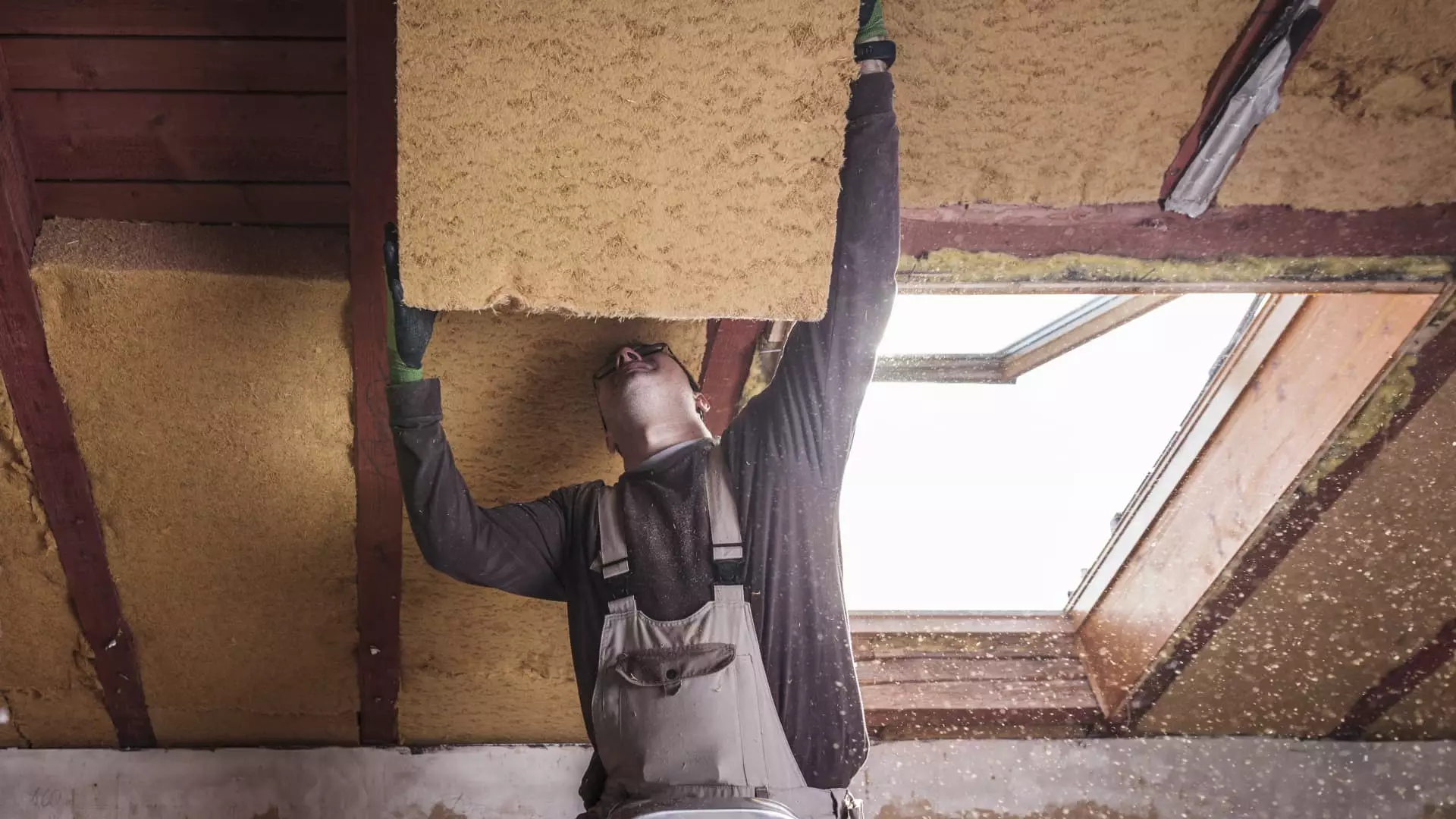The implementation of rebate programs designed to increase home energy efficiency has encountered significant roadblocks due to federal funding freezes imposed by the Trump administration. Initially set in motion by the Inflation Reduction Act of 2022, intended to allocate $8.8 billion to support consumers in upgrading their homes for energy efficiency, the rollout has been hampered by bureaucratic inertia and political maneuvering. Various states, including Arizona, Colorado, Georgia, and Rhode Island, have found themselves at a standstill as they grapple with these complications.
The Inflation Reduction Act aimed to address the pressing concerns of climate change while supporting consumers with financial incentives to make energy-efficient home upgrades. Through two primary rebate programs, consumers could receive significant funds—up to $8,000 for Home Efficiency Rebates and $14,000 for Home Electrification and Appliance Rebates. These incentives were designed not only to alleviate the burden of retrofitting homes but also to lower utility costs for consumers and contribute to reducing carbon emissions. However, the wheels have come to a grinding halt due to the recent federal funding freeze initiated by the current administration.
The freeze has forced several states to stall their rebate programs due to the uncertainty surrounding available federal funds. For instance, the Colorado Energy Office has expressed dissatisfaction over the lack of progress, with spokesperson Ari Rosenblum lamenting how Coloradans are being deprived of financial benefits in “the dead of winter.” This sentiment reflects a broader frustration among states reliant on federal support to implement energy-efficient initiatives. With essential federal backing temporarily withdrawn, many state energy officials are left in an agonizing limbo that extends beyond mere inconvenience.
The repercussions of this freeze have been felt deeply across a variety of states. The Arizona Governor’s Office of Resiliency has stated that its energy rebate programs are on hold pending clarification regarding federal funding, exemplifying the trend. Rhode Island’s Office of Energy Resources has also paused new applications, citing uncertainty over the future of these initiatives. Even Georgia, which initiated a pilot program, has demonstrated a cautious approach by delaying the full rollout pending communication from the U.S. Department of Energy.
Amidst this entangled situation, there are underlying political tensions that contribute to the uncertainty surrounding these funding flows. In late January, Trump’s administration had issued an executive order freezing federal funding that conflicted with its policies, including those aimed at addressing climate change. Despite a federal judge’s order attempting to counteract this freeze, reports have surfaced indicating that certain federal agencies may have continued to withhold funding despite the ruling. This inconsistency brings forth questions surrounding the legality and administrative coherence of the freeze and highlights the divisive nature of federal energy policies.
Moreover, the response from state attorneys general in 22 states and the District of Columbia illustrates the broader implications of such freezes. They have collaboratively filed lawsuits against the freeze, asserting that blocking these funds is unlawful and detrimental to state-led initiatives aimed at promoting sustainability and energy integrity.
Despite the widespread concerns, not all states have halted their rebate programs altogether. For example, Maine’s Home Energy Rebate program remains open for eligible consumers. Afton Vigue, a spokesperson for Maine’s Governor’s Energy Office, painted a more optimistic view regarding program accessibility in light of the current federal landscape. Conversely, other states have chosen to tread cautiously, seeking clarity and guidance from federal authorities before proceeding further.
As various states continue to grapple with the myriad consequences of the funding freeze, industry leaders remain hopeful. David Terry, the president of the National Association of State Energy Officials, expressed optimism that funding would soon be released, suggesting that the freeze might not ultimately hinder the rebate programs’ long-term viability.
As we reflect upon the future of these rebate programs, it is essential to recognize the interplay between effective governance, economic incentives, and the broader goals of sustainability. With increasing scrutiny and potential legal challenges looming over the funding freeze, states must remain nimble in their approaches. The collective efforts of consumer advocates, state energy departments, and attorneys general could lead to an eventual resolution, allowing for energy efficiency upgrades to not only regain momentum but thrive in a renewed focus on green initiatives.
Moving forward, addressing these funding uncertainties is imperative for ensuring that consumers reap the benefits that federal rebate programs promise, ultimately fostering a more sustainable energy landscape for future generations. The situation remains fluid, and while current circumstances may suggest barriers, there’s an inherent opportunity for positive change and collaboration amidst these complexities.

